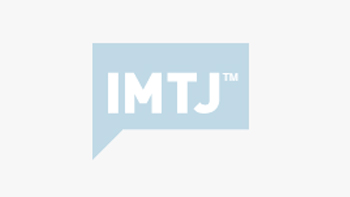A new Indian study of medical tourism in Kolkata warns that allegations of hospital dumping of medical waste means a proper environmental impact assessment is vital before the City seeks to promote medical tourism. Another report says that Karnataka too cannot be an effective destination until it solves problems of air connections and lack of combined promotion.
A joint KPMG and the Federation of Indian Chambers of Commerce and Industry report, Medical Value Travel in India says that while Bangalore has the potential for medical tourism, lack of air connectivity and promotional initiatives act as a deterrent. It says as few as 10 to 15 international patients a day go there for cardiac, oncology or neurosurgical treatments. The region struggles to compete with Chennai and New Delhi. With the state government keen on promoting Bangalore for medical tourism, addressing these issues is essential.
An academic study by Anu Raia and others “Regional Imbalance in Medical Opportunities: Bridging the Gap by Medical Tourism published in the Thematic Journal of Geography, looked at Kolkata as a medical tourism destination.
The authors identified 13 medical tourism agents specifically promoting treatment in the city. They all concentrated marketing on accessibility to low cost quality care without any waiting period and identified 22 hospitals and clinics accepting medical tourists. These were a mixture of large and small, general and specialist, well-known brands and lesser-known locals.
Most agents seek to sell every possible type of treatment, while others concentrated on the better paying markets of cosmetic surgery, cardiac care, and orthopaedic treatment including hip and knee replacements which generate maximum global demand. More than 70% offer neurology and neurosurgery, dental care, cancer treatment, eye care, infertility treatment, gastroenterology, spinal surgery, multi organ transplants etc.
The agencies offer medical care case managers to assist customers with pre and post procedure medical issues. These case managers interact with doctors and hospitals. Some also offer second opinions and follow up care upon the patient’s return along with the individual nursing facilities during operative and recovery period.
The medical packages offered often include all costs associated with medical care, air and ground transfers, visa assistance, hotel accommodation, food, interpreter assistance along with other value added services such as money exchange, provision of a cell phone and local SIM card for ease of communication, practical assistance from a local company representative at the health care centre, and arrangements for companions.
Agencies mainly sell online. Most sites advertise the treatment they offer, the hospitals’ profile, the medical technologies, doctor credentials, success stories; the price they charge or free quotes on request
- The study concludes that medical tourism opens up opportunities in bridging the regional imbalance of medical opportunities but also brings some social and medical responsibilities along with it.
- Kolkata is a city where allegations are arising on disposal of medical wastes in and around hospitals, so before promoting medical tourism a proper environmental impact assessment is vital.
- Kolkata is not well established in medical tourism compared to national competitors such as Delhi, Chennai, Mumbai, Bangalore and Kerala but the strategic location in Eastern India offers Kolkata potential to attract international patients. But to sustain the potential of Kolkata as a medical tourism destination in the long run it is the duty of hospitals and local government to be proactive in solving potential problems rather than waiting until after a major mishap.








 ©2024 All rights reserved LaingBuisson
©2024 All rights reserved LaingBuisson 


